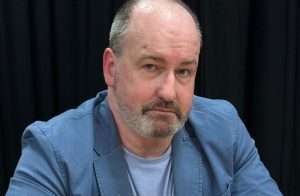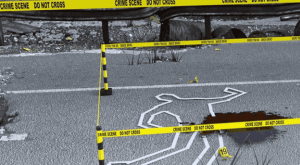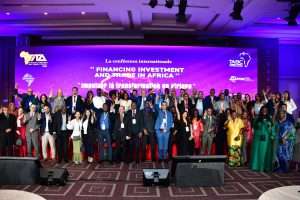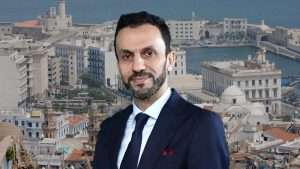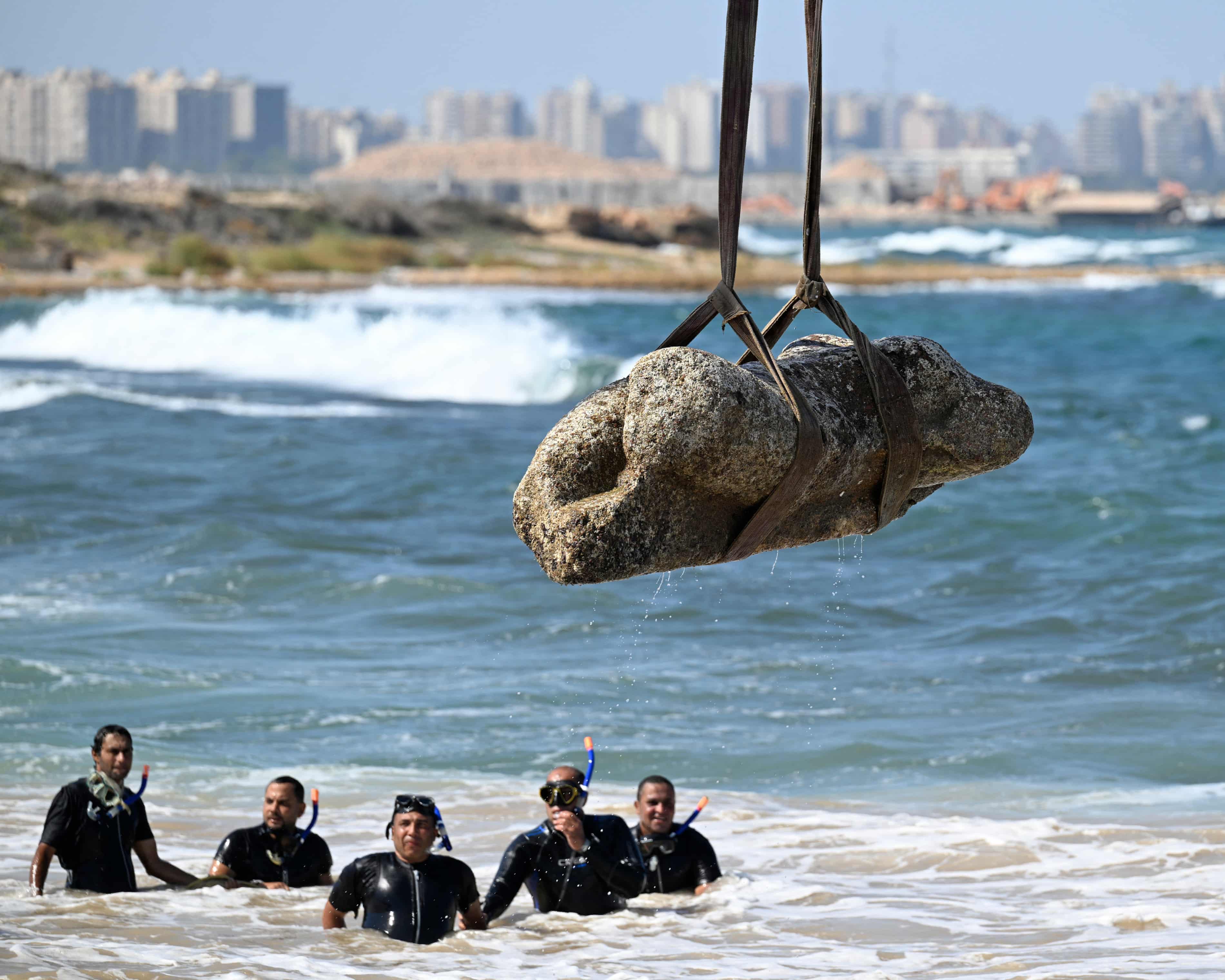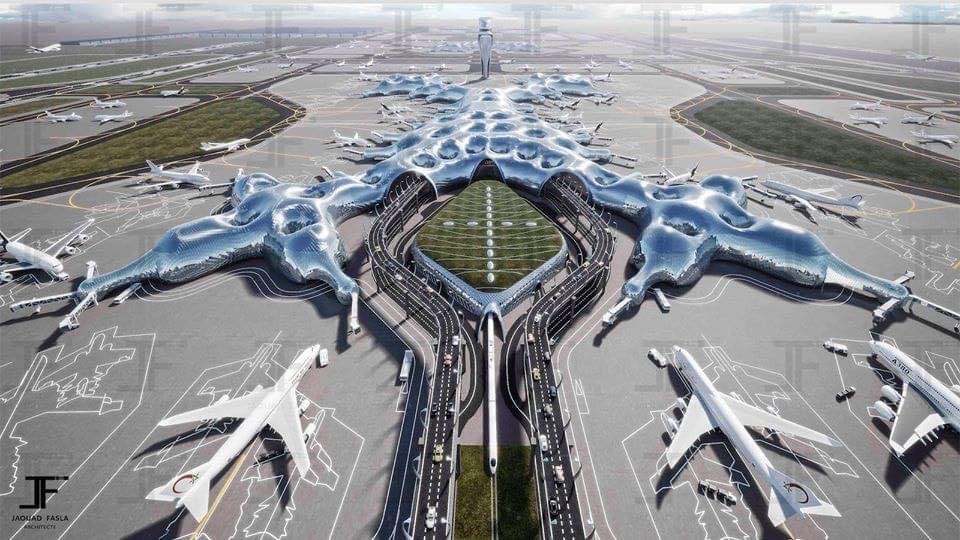Saber Blidi: Algeria’s smoke and mirrors
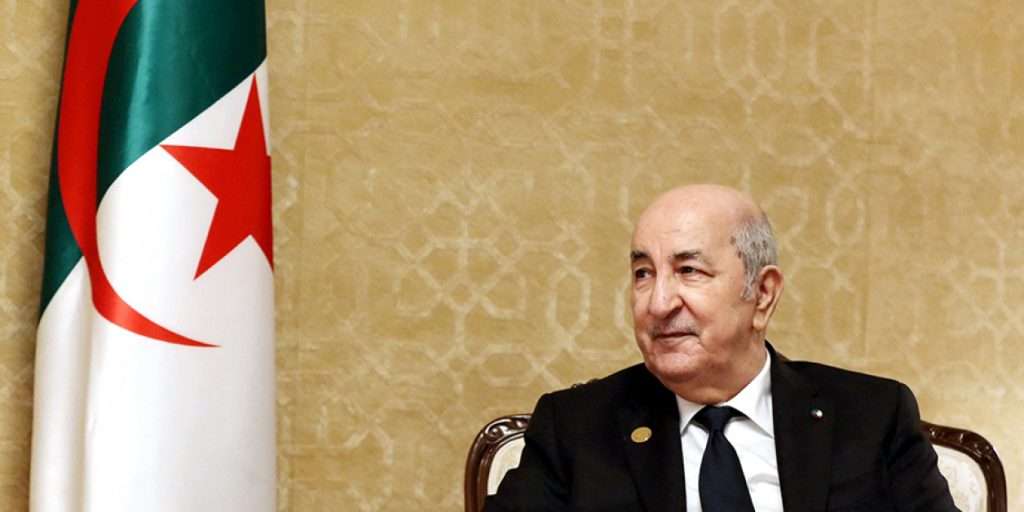
Algeria is putting out two contradictory narratives. One paints a rosy picture and a brilliant future for the country, while the other warns of an insurmountable impasse looming on the horizon
Between the optimism displayed by the official news agency’s dispatches with its praise of President Abdelmadjid Tebboune’s “victories and achievements,” and the figures revealed by the energy sector officials, Algeria is putting out two contradictory narratives. One paints a rosy picture and a brilliant future for the country, while the other warns of an insurmountable impasse looming on the horizon.
Algeria set out an historic budget for the current year. But its president did not find anything to inaugurate this last Independence Day except a 140-bed government hospital and a medium-size seawater desalination plant. This was the natural result of the direction set by the government, when it allocated 70 percent of the budget to cover planned increases in salaries, retirement pensions and unemployment benefits. The remaining 30 percent went to infrastructure projects, which represented the extent of government investments.
In Algeria, presidents have always engaged in showmanship on national events and holidays to prove their importance and popularity. To be fair, past inaugurations included national and local projects that were remarkable, as a result of the investments that the state allocated in various sectors, which were aimed to meet the needs of the population and improve public services. But this time, President Tebboune did not find anything major to inaugurate since his election. This was an indication of the state’s lacklustre record managing the economy and sparking a development dynamic.
The official news agency, with its words of praise for the Teboune era, led us to expect resounding surprises and giant projects. But in the end the president could only announce a 2,000 kilometre railway project linking the north to the south of the country. This rail link was actually pledged by Tebboune three years ago, as the cornerstone of an economic and social project that extends far deep into Africa.
The president, since his arrival at El Mouradia Palace at the end of 2019, has made sure social needs and the citizens’ purchasing power were taken care of through a series of increases in salaries and pensions and the introduction of benefits for the unemployed. However, he has not struck a balance between the requirements of social justice on the one hand and the revitalisation of the economy and creation of wealth on the other. Therefore, there has been a decline in the pace of public investments needed to create jobs and added-value growth.
READ: Algeria now turns to China to boost trade, help BRICS bid
The news agency acknowledged that Algeria’s population will reach 60 million by the year 2030. This only confirmed how serious the upcoming challenges are. This demographic figure highlights the growing need in terms of food, electricity, water, health, education, housing and jobs. Ignoring this reality will only hurl the country towards an unprecedented crisis.
If successive governments have until now enjoyed sufficient energy revenues to cover social expenditures and various other needs, then what Sonatrach officials have revealed to us is reason for real concern about the country’s future. Algeria could be eventually exiting OPEC as it becomes a non-oil exporting nation while domestic energy demands grow.
No one denies the authorities’ efforts aimed at diversifying sources of revenue outside the oil and gas sector. Such revenues are estimated at about $7 billion and could reach $13 billion in the near term. But the seven years that separate Algeria from 2030 will quickly elapse. The country will have to meet the needs of 60 million people. How will these people be housed? How will their education and health bills be paid, if the rentier revenues shrink and the real economic income is not enough?
Someone might say that the pessimistic scenarios are the reflection of negative and defeatist thoughts, if not plain hostility and denial of the “victories and achievements” of the country. Algeria, one can say, has reason to be ambitious, especially since it is a leading producer of shale gas and boasts a mining sector that can play an important role in the country’s economic dynamic. But that will be just mortgaging the state once again and putting it once more on the track of the rentier economy and depleting resources.
Despite the messages of praise and flattery that portrayed him as a national hero and a saviour of the nation, the late President Abdelaziz Bouteflika ended up the way everyone knows. Those who today promote the narrative of “new Algeria” will probably leave Tebboune’s alone if the sand shifts from under his feet. Then, they will move on to marketing someone else.
Want to chase the pulse of North Africa?
Subscribe to receive our FREE weekly PDF magazine






